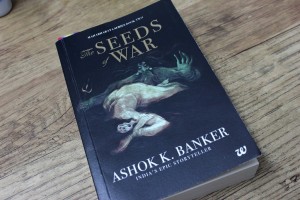 |
| love the illustration |
Note: I was traveling for the past two weeks and came back only on Monday so I started reading the book only on that day. I am supposed to put up the review within a week after receiving the book but I am not sure when I received it. Thus, I am publishing it today and hoping that it would considered valid. Also, I have not yet been able to finish the book because it is very involved. Thus, my review is based on the part I have read.
Ashok K. Banker is a famed author of the Ramayana series. All of his previous novels have been quite a hit, apparently! Ok, I have to admit that I did not hear about the author before I got this novel for review.
But now, I can say that I would definitely want to check out all his previous books. His previous work includes modern interpretation of Ramayana among others and now he has started on Mahabharata.
I have to say this that among the two great epics, Mahabharata appeals more to me because of the cacophony of emotions. There is love, jealousy, anger, hatred, passion, pride, virtue, misery, loyalty and what not? Each character in the epic is worth a study. And, every book I have read on the subject opens a new perspective.
The Seeds of War is the second book in the Mahabharata series being written by the author. Since I have not yet read the first one, I can’t comment on the flow of the story but I think you can read the books independently.
The author clearly states in the introduction section that he has stuck to the original story and simply narrated it in his own style. This particular book narrates the story of people living way before Bharata who started the line of Pandavas and Kauravas.
The book is divided into 9 pakshas or parts. I have read only 3 parts yet and am going to start the fourth. This book is about Bhishma and his vow of celibacy and to be a protector of the throne. And, how it leads to Mahabharata.
The goal of the book is to show how did the earlier events culminate into the ultimate war. It depicts The Butterfly Effect – a single event can cause a reaction in the chain of consequent events. When some great event is going to happen, things start falling in place much before the immediate people who affect or get affected by the event are even born.
As I said I have not yet read the entire book, I can only say that I have liked the book so far. The author has an easy way of writing and he mentions the philosophy involved in the dialogs very clearly. But, yes, you would need time to read the book. It is not one of the light and easy reads.
This review is a part of the biggest <a href="http://blog.blogadda.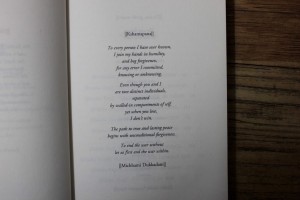

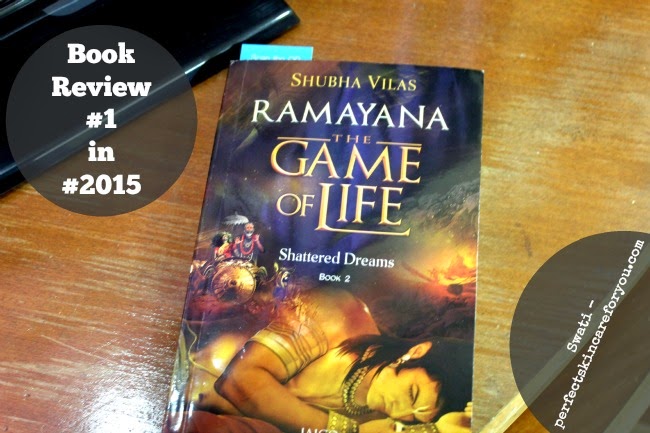
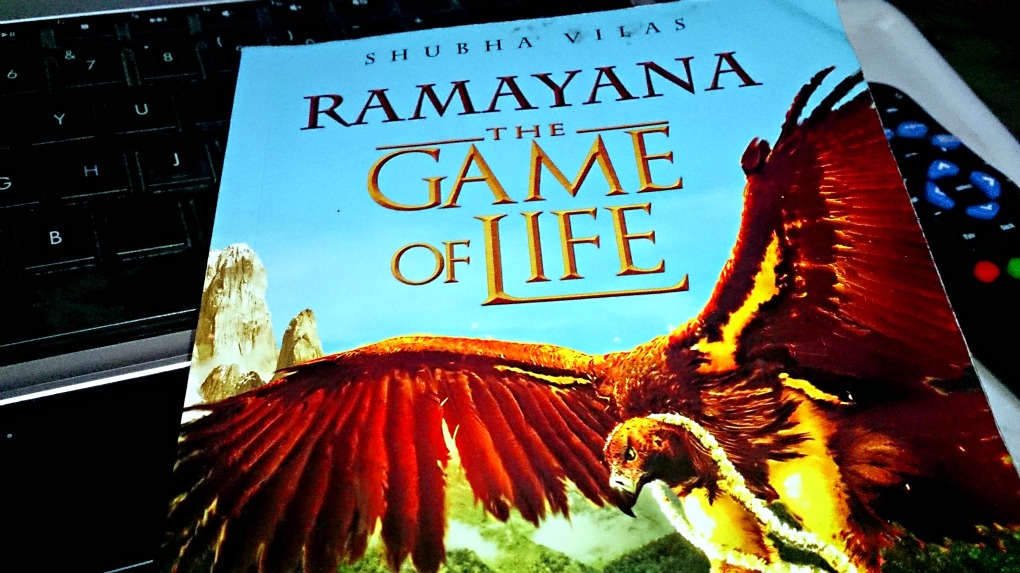
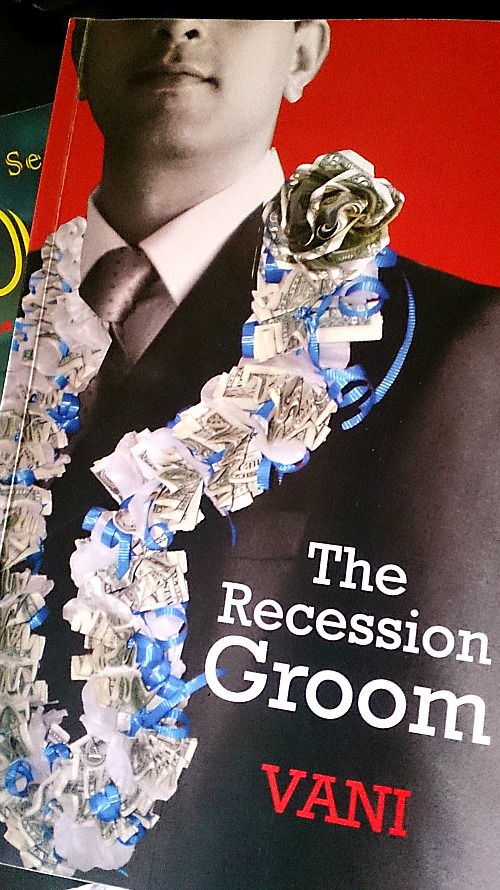
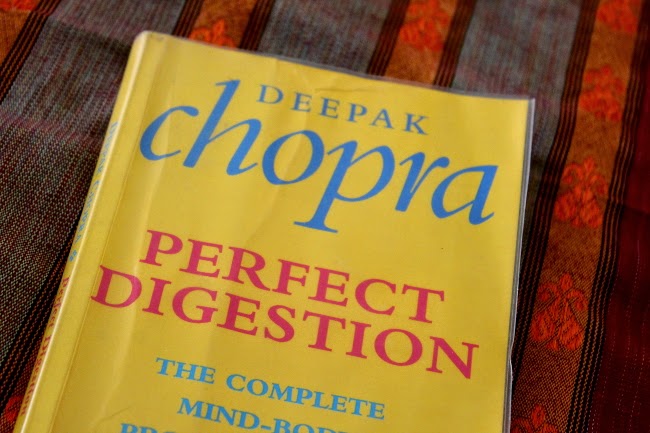

Exquisitely beautiful prose,nearly poetic in the feel, transports the reader to a magical world. It is no childish fiction and is not an unbelievable kind of story. It is a story which is very human, but it is an ethereal world. The story spans the time which usually escapes our attention when we think of Mahabharata. The story pre-dates the Great War, the life and times of the people who eventually will give rise to what we today call our nation, India. Highly recommended, enjoyable read.